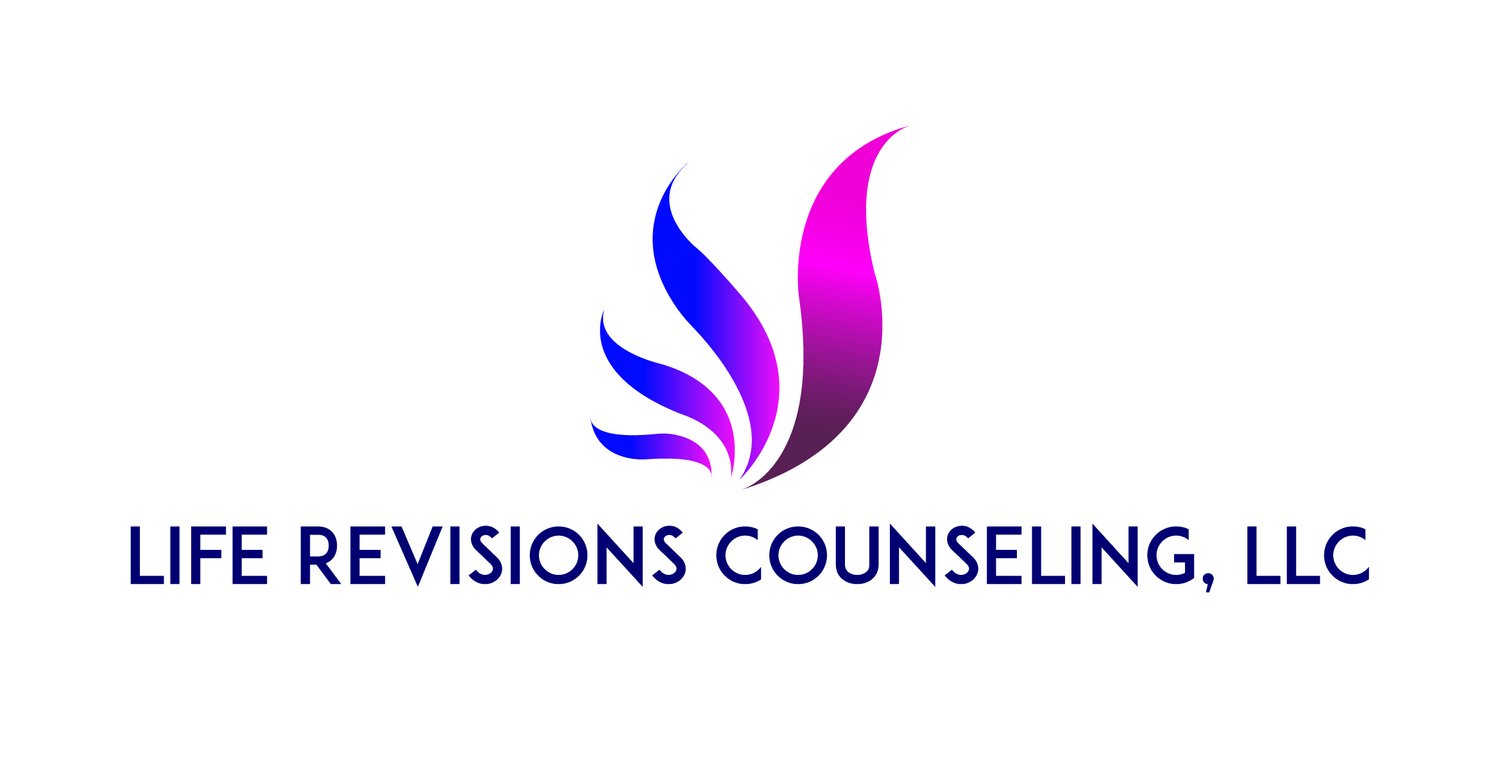The Importance of Taking Time Off from Work
In a survey conducted by SHRM in 2024, it was found that 44% of 1,405 surveyed employees feel burned out from work, 45% feel “emotionally drained,” and 51% feel “used up.” Why is that the case? In a society driven by productivity, more than half of American employees give up paid time off, amounting to 768 million days of unused vacation time, according to the US Travel Association. When we feel overwhelmed at work, it might seem counterintuitive to take a break and come back to it later. However, many companies actually report higher performance after their employees take time off, and here are a few reasons why:
Improved Mental Health
When our minds are overwhelmed, we can experience difficulty concentrating, lowered problem-solving abilities, and forgetfulness. A vacation acts as a mental recharge, providing a change in our daily routine and uncluttering our mental space for more clarity and creativity. It also gives us the opportunity to catch up on sleep, as sleep deprivation impacts our emotional regulation, memory, information processing, and concentration. Without the pressure to meet certain schedules or deadlines, a vacation is a great time to reset our sleeping schedules to get at least 7 hours of sleep a night.
Better Physical Health
Taking time off reduces stress hormones, allowing our immune system to recover, making us less prone to short-term diseases such as colds and flu, as well as long-term conditions such as heart disease. Additionally, engaging in physical activities such as hiking, swimming, biking, or walking during time off benefits our respiratory health, circulation, and muscular health, which are crucial to maintain as we age.
Broadened Perspectives and Spiritual Renewal
Traveling exposes us to new cultures and experiences, fostering more open-mindedness and empathy that can transform our relationships with ourselves and others. Being in a different environment offers us the chance to reflect on what we really value and want in life. This is especially crucial when we’re feeling unmotivated or stuck in a routine, as we get to step out and reevaluate our lives from a different perspective. It can also teach us to be grateful for what we have, since it’s easy to fall into the cycle of pursuing what we don’t have and forgetting to look back on what we’ve achieved. Practicing gratitude enhances our sense of fulfillment, which contributes to higher overall happiness and emotional health.
In conclusion, taking regular breaks is essential for our overall health and wellbeing. While it might feel scary taking a step away from the seemingly endless list of responsibilities, a break might just be what you need to refuel and take on the responsibilities with a new life force.

